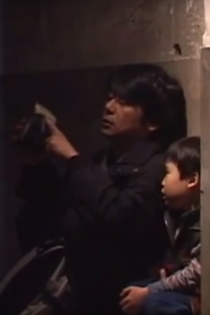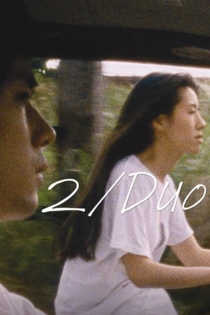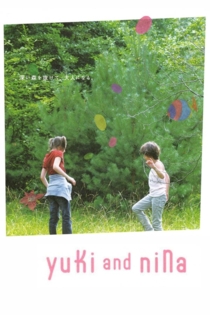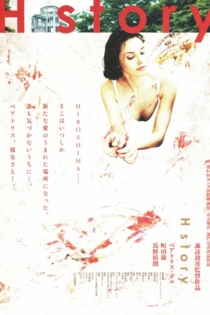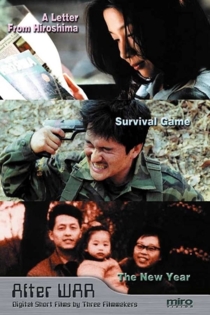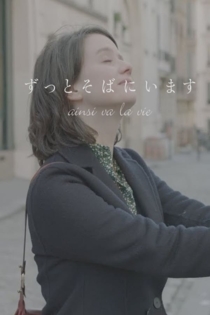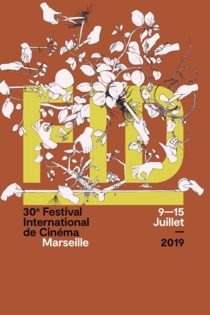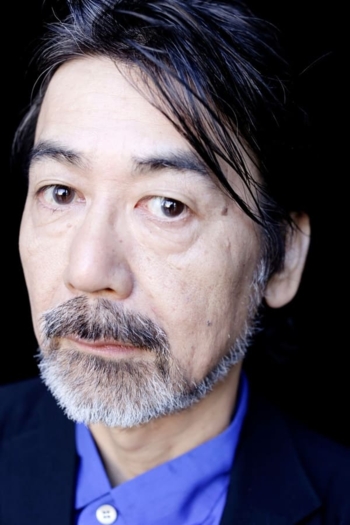
Nobuhiro Suwa
1960 (65 лет)Nobuhiro Suwa (born May 28, 1960 in Hiroshima, Hiroshima Prefecture) is a Japanese film director working in Japan and France. His directorial works and screenplays often make use of improvisation techniques. Currently, Suwa is the President of Tokyo Zokei University.
Description above from the Wikipedia article Hippolyte Girardot, licensed under CC-BY-SA, full list of contributors on Wikipedia
Paris, Je T'Aime
Frédéric Auburtin, Tom Tykwer
Steve Buscemi, Натали Портман
Olivier Assayas, Gus Van Sant, Wes Craven and Alfonso Cuaron are among the 20 distinguished directors who contribute to this collection of 18 stories, each exploring a different aspect of Parisian life. The colourful characters in this drama include a pair of mimes, a husband trying to chose between his wife and his lover, and a married man who turns to a prostitute for advice.
Paris Je T'aime
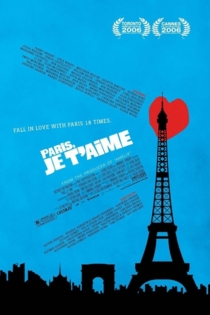
Onoda, 10 000 nuits dans la jungle
Arthur Harari
Yuya Endo, Kanji Tsuda
Japan, 1944. Trained for intelligence work, Hiroo Onoda, 22 years old, discovers a philosophy contrary to the official line: no suicide; stay alive whatever happens; the mission is more important than anything else. Sent to Lubang, a small island in the Philippines where the Americans are about to land, this role will be to wage a guerrilla war until the return of the Japanese troops. The Empire will surrender soon after; Onoda, 10,000 days later.
Onoda: 10,000 Nights in the Jungle

M/Other
Nobuhiro Suwa
Tomokazu Miura, Makiko Watanabe
Tetsuro is living with his young girlfriend Aki in a pleasant house in Tokyo. They both spend a lot of time at their jobs. However their routine is upset when Tetsuro brings his 8 year old son Shun to live with them, while his ex-wife recovers from a car accident.
M/Other
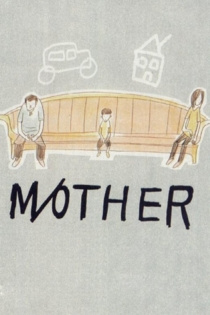
風の電話
Nobuhiro Suwa
Serena Motola, Hidetoshi Nishijima
In her search for answers, 17-year-old Haru sets out on a long journey across the country to the town where, in 2011, the devastating tsunami swept away her brother and parents. This road trip takes the young woman, who is still haunted by her loss, from Hiroshima to Tokyo and Fukushima and all the way to Ōtsuchi, where her family home once stood. On the way she encounters other people, other stories, other lives and other losses. Landscapes and faces. The journey ends in the middle of a garden in full bloom among the scarred surroundings of her coastal hometown.. In it stands a telephone box which, even though it is no longer connected, is used to speak to those who cannot be reached any other way.
Voices in the Wind
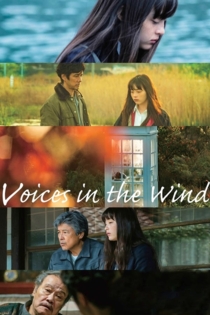
Un couple parfait
Nobuhiro Suwa
Valeria Bruni‑Tedeschi, Nathalie Boutefeu
A French couple has been living in Lisbon for years, and they return to Paris for a friend's wedding. They announce to another friend they are having dinner with that they are going to split.
A Perfect Couple
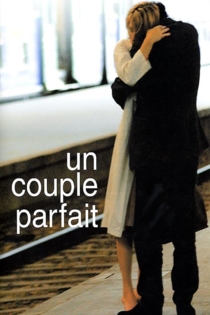
はなされるGANG
Nobuhiro Suwa
Takayuki Kamura, Rie Ito
Hanasareru Gang actually encapsulates three titles in one, for when written without Kanji characters, it can describe a gang that is “on everyone’s lips”, “flowery” or “separated from one other”. The film plays with these different meanings to tell the not strictly chronological story of a fun-loving young woman who joins up with a pair of petty criminals. After they steal a car containing a suitcase full of bank notes, they must go their separate ways. When the characters comment on the action in voiceover, ask how much more time the film is going to give them, quote from “The Adventures of Tom Sawyer” or suddenly jump back and forth between tragedy and slapstick in tune with the music, one might think that Pierrot le fou got lost and ended up in Japan.
Hanasareru Gang
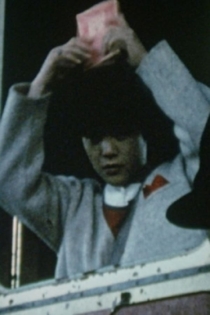
からっぽの横
Tomoki Kawakami
Saki Tanaka, Daiki Shiomi
Storytelling Guy writes about his intimate relationships in his novels, even if it hurts those around him. Hotel Girl wants him to write about her, and lives with Night Shift Guy to provide material. Traveling Girl was in one of Storytelling Guy's novels, and has returned after a long absence.
Beside the Hollow
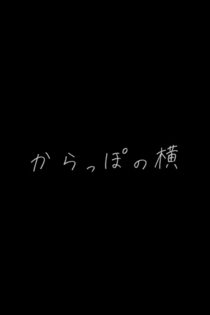
A Letter from Hiroshima
Nobuhiro Suwa
Kim Ho-jung
A Letter from Hiroshima explores themes of apology and remembrance. Suwa sends a letter to a Korean actress (Kim Ho-jung) he has worked with in the past requesting her assistance to write and direct a film about Hiroshima. Ho-jung arrives at her hotel and is told to explore the city and wait for Suwa. Initially confused, Ho-Jung soon finds the city mesmerizing and spends days learning about the tragic bombing and the effects that are still felt in the city today. With sparse dialogue and just a handful of characters, Suwa uses black and white images of Hiroshima to convey the scope of the tragedy. In one particularly poignant moment, the voice of a mother is heard lamenting the fact that she had scolded her daughter the day of the bombing. We next see Ho-jung crying in her hotel room, ignoring the ringing phone.
A Letter from Hiroshima
